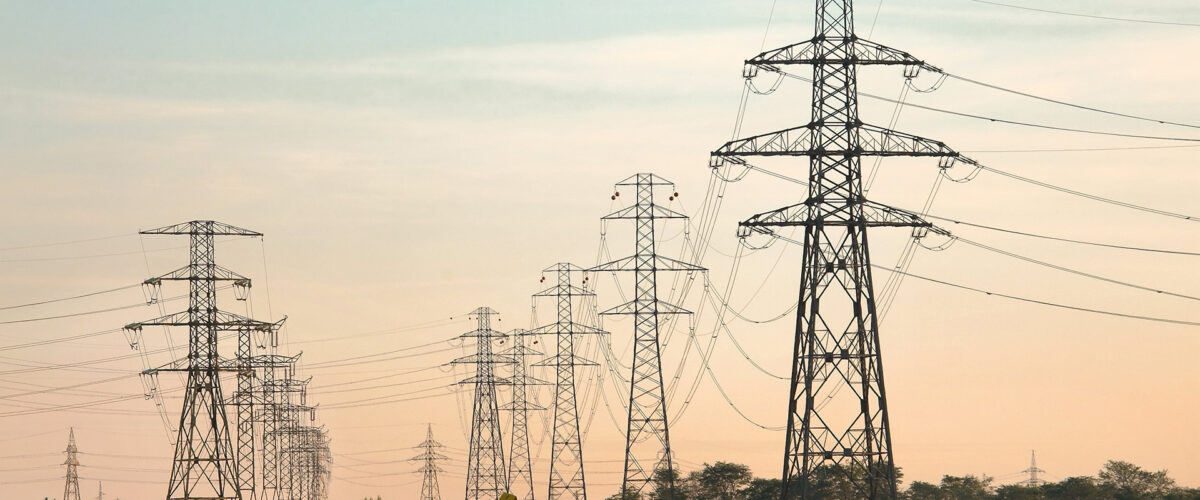case / 15 Apr 2019
Setterwalls successfully represented General Electric (GE) in the largest claim for damages handled within the framework of a patent dispute in the Swedish courts

Setterwalls has represented GE in a patent dispute against ABB in the Patent and Market Court of Appeal (PMCA). ABB claimed patent infringement while GE argued that the patent was invalid. The question of infringement raised legal issues regarding implicit licenses, duty of loyalty, the burden of proof for the liability, the subjective prerequisites for contributory infringement, and the significance for the evidence valuation of the fact that various documents had not been submitted to the court. The judgment implies that the PMCA became the first instance in Europe to finally declare the patent invalid.
ABB sued GE for infringing a patent relating to a plant for transmission of high-voltage direct current. More specifically, the patent related to the combined use of converter stations with so-called voltage source converters (VSC stations) and polymer insulated cables. The patent has previously been tried and found to be valid by both the Opposition Division and the Technical Board of Appeal at the European Patent Office.
ABB argued that an infringement had been committed through GE’s submission of tenders for Svenska kraftnät’s procurement for delivery to the Southwest Link infrastructure project. Part of the Southwest Link consists of an HVDC link that corresponds to the solution of the patent. The procurement for this stretch was divided into two separate procure-ments, one for the VSC stations and one for the polymer insulated cables. GE won the procurement that related to the VSC stations and ABB the procurement that related to the polymer insulated cables. The procurement was thus divided up into the two main components of the patent. Since GE did not submit tenders for the patented solution in its entire-ty but only for one of the two main components, ABB claimed that GE had committed contributory infringement.
The patent was maintained in the first instance by the Patent and Market Court (PMC) through an interpretation of the claims that was extensive when considering the patent’s background description, the content of the application as filed and the prosecution history as well as the undisputed and fundamental physical laws that the converters in question follow. The PMC further assigned the fictitious skilled person different knowledge regarding polymer insulated cables in the assessment of the patent’s inventive step and the assessment of whether the patent contained the required enabling disclosure. In addition, the PMC chose not to take into account the environmental impact assessment provided in the patent’s background description.
The question of infringement raised legal issues regarding implicit licenses, duty of loyalty, the burden of proof for the liability, the subjective prerequisites for contributory infringement, and the significance for the evidence valuation of the fact that various documents had not been submitted to the court.
Despite GE’s objections, the PMC considered that the patent held inventive step, that contributory patent infringement had been committed and that ABB was entitled to compensation for loss of profit. By judgment announced on December 15, 2017, GE was ordered to pay damages of just over SEK 197 million and compensation for ABB’s litigation costs including interest.
Even before the main hearing, the PMCA confirmed in a decision the importance of a party clarifying the facts (concrete legal facts) that constitute the basis of the party’s action. The PMCA stated that the PMC had been made itself guilty of a serious judicial error by judging outside of the scope of the grounds invoked by ABB (chapter 17, section 3 of the Code of Judicial Procedure).
As regards the validity of the patent, the PMCA made a different assessment than the PMC of what may be read into the claims, what was part of the general knowledge of the skilled person about polymer insulated cables as well as what was known to the skilled person from the patent’s background description. The PMCA then concluded that the patent lacked inventive step. Since the PMCA found that the patent was invalid, no further examination of the questions relating to infringement and damages was made.
By judgment of March 28, 2019, GE was released from the obligation to pay damages and ABB was ordered to pay GE’s litigation costs in both courts.
Technical counsel for GE in the dispute was Björn Andersson, partner at Ström Gulliksson in Malmö.
Contact:
Practice areas:
Intellectual property, marketing and media law, Dispute resolution


